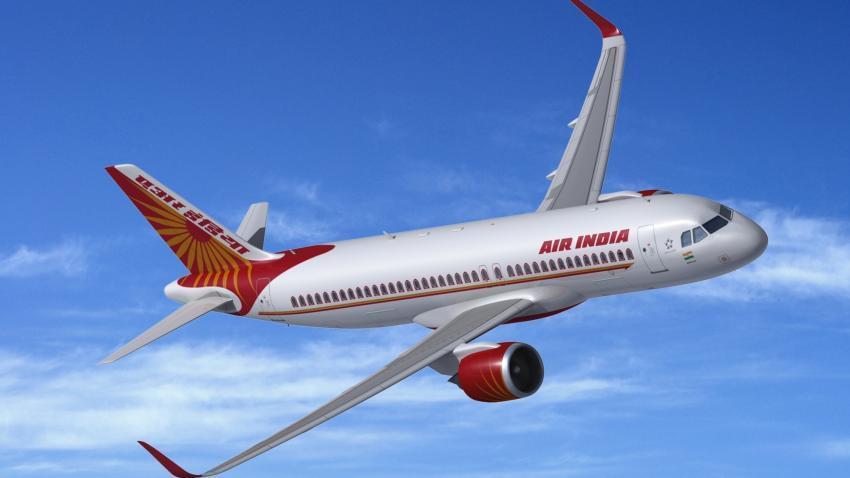Air India to be privatized
March 29, 2018 | Expert Insights

The Government of India has begun “strategic disinvestment” in the country’s state-run carrier Air India Limited. According to reports, the Government will sell 76% of its stake in the aviation company.
Background
Air India was established in 1932 by J.R.D Tata, as Tata Air Services. Initially an airmail service, the airline’s first flight was from Karachi to Mumbai. During World War II, Tata Air was commandeered by the state to help the war initiative. Post-Independence, the Indian government acquired a 49% share of the airline. When the Air Corporations Act was passed in 1953, the state purchased a majority stake from Tata Sons. The airline was renamed Air India International in 1962. Today, it is worth approximately $4.6 billion.
Attempts to re-privatize the airline began in the early 2000s. In 2001, reports emerged that the Tata group was bidding for the airline. Singapore Airlines also expressed interest in ownership at the time. However, nothing came of this bid. After Air India was merged with the more profitable Indian Airlines to form Air India Limited in 2007, the airline saw a huge increase in debt. Air India has been highly unprofitable, with debt as its biggest challenge.
In 2012, a financial restructuring plan for the airline was implemented. According to the plan, Air India was to receive $ 4.5 billion over a 10-year period. The government has spent $3.6 billion on the airline since 2012 in an attempt to bail it out. However, the airline has not shown significant financial or operational improvement. It is known for delayed or cancelled flights and poor service. Today, Air India has an approximately $7.8 billion (Rs.51,000 crore) debt, as well as a bloated cost structure.
As of 2017, Air India was the third largest service airline in India. Indigo, owned by InterGlobe Aviation, Tata Group and Turkey’s Celebi Aviation Holdings, held the largest share of the aviation market in India, followed by Jet Airways. Air India remains the country’s largest international carrier.
Analysis
In June last year, the Indian government announced that Air India had been cleared for privatization. An economic survey presented in parliament later that year stated, “The recent announcement of the government towards privatisation of Air India is a well thought out decision.” However, it added that there is a need for a “committed action plan on privatisation/ disinvestment of the national carrier Air India to enhance its operational and management efficiency.”
The Government of India has now announced that it is initiating strategic disinvestment in Air India Limited. It is offering a 76% stake in the airline. The majority stake owner would own a number of Air India aircraft, shares in Indian Airlines Ltd., ground handling services from AI-SATS (a ground handling joint venture with Singapore Airport Terminal Services), as well as $5.1 billion in debt. The balance debt will be cleared by the government. The government may sell a 50% stake in AI-SATS separately.
The response to this plan has been largely positive. Numerous observers have criticized the state airline’s debt over the years, however, the government has been notably reluctant to let go of ownership rights. "It's like the government wants to sell its old car, but still wants to drive it every Sunday,” former Planning Commission member Saumitra Chaudhri once told Bloomberg.
“Selling a 76% stake is the second-best option for the government; the best option would have been to exit completely,” Kapil Kaul, South Asia CEO at CAPA Centre for Aviation, told Bloomberg. “There’s also a caveat there that the acquirer will have to list the company, which means the government is looking at exiting through an IPO route, which is fair enough and very positive.
IndiGo has expressed interest in acquiring the company, and Singapore Airlines and Tata, which co-own the domestic airline Vistara, are reportedly considering making a bid. Regulations do not allow foreign entities to own over 49% equity in Indian airlines.
The winner of the bid is set to be announced by May 28th.
Assessment
Our assessment is that this move will allow the Indian Government to cut some losses. Air India has been a sinkhole for taxpayer funds for a number of years. However, we believe that one must also consider the implications of privatising a national carrier service. In cases of diplomatic emergencies, having such a service is often invaluable.








Comments